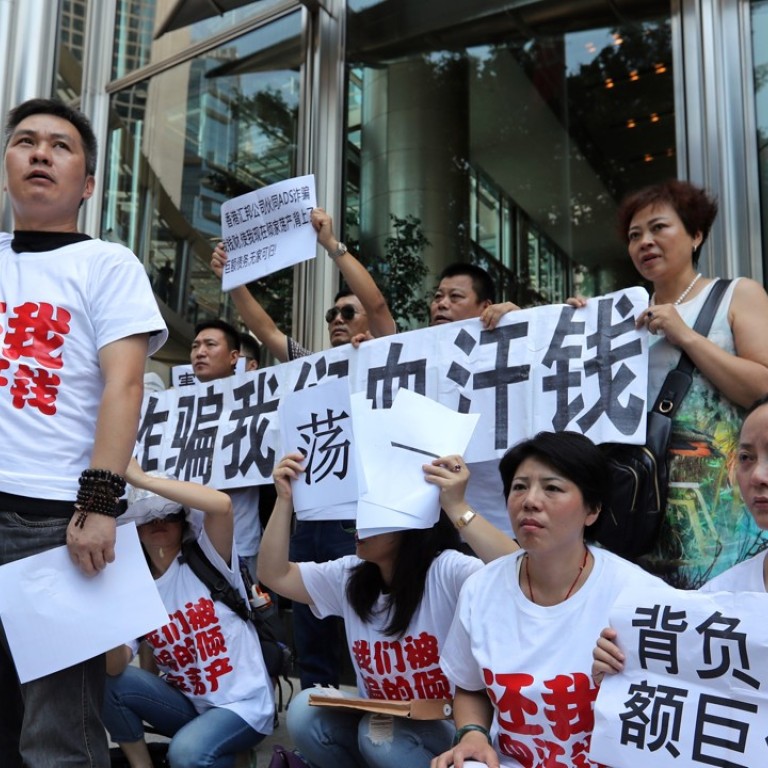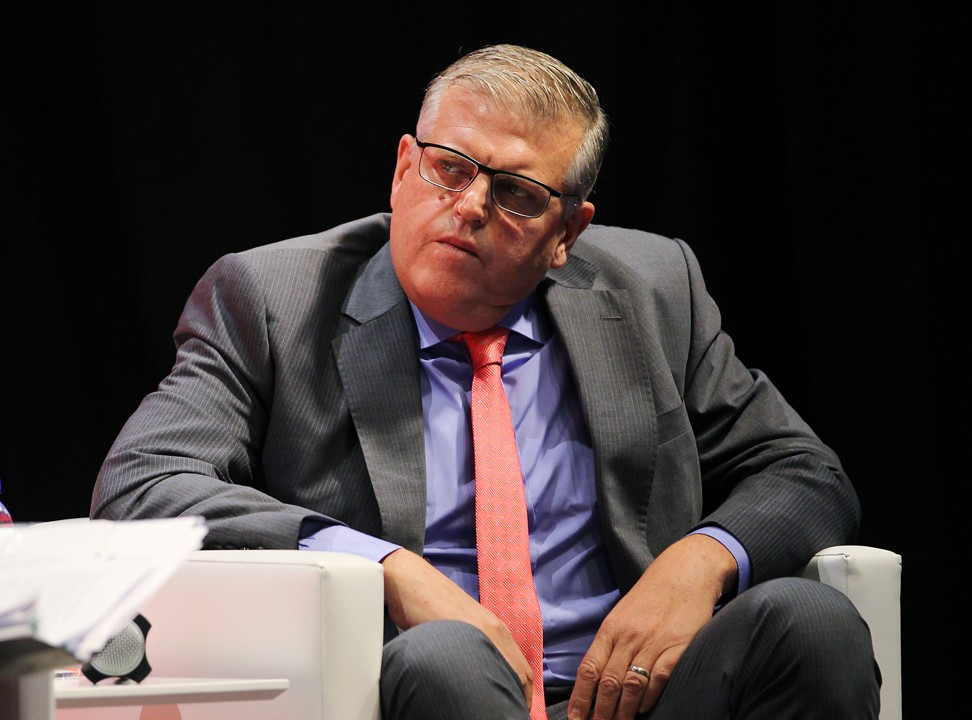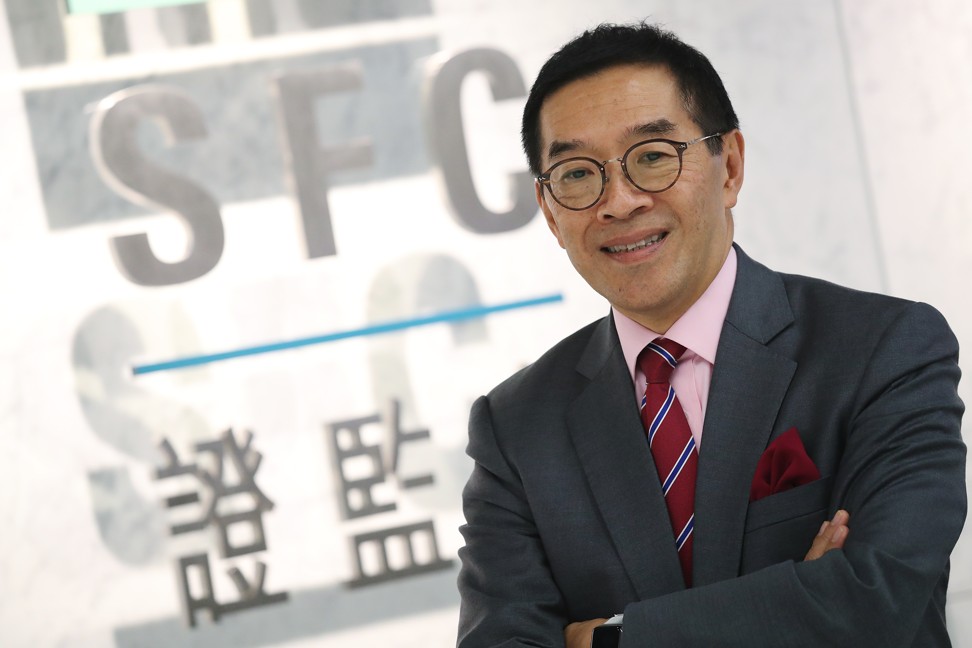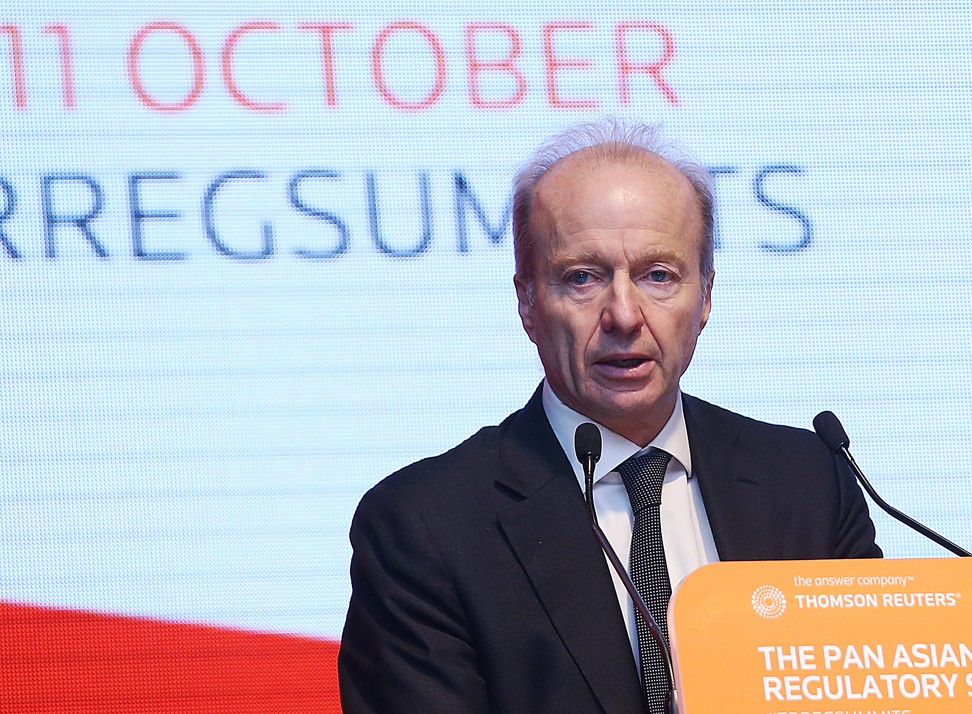
Has the securities regulator taken a step too far with its ill-defined request for cooperation?
What would “mild” be, and what is “serious”? How can we know? Who decides?
For cooperation to be recognised, parties must go above and beyond their statutory and regulatory obligations.”
-- Thomas Atkinson Executive director, Enforcement
Securities and Futures Commission
SCMP, January 15
The thing about law that makes it law is that there is a solid anchor to it. An act is either legal or illegal. We can dispute which of the two any act may be, but we refer to the law to see what makes it so.
Imagine, however, that instead of having law by which to make their rulings, judges were required to decide only whether they personally think any plea made to them was, for want of any precise word, fair.
There certainly have been systems of justice like this in the past, there are even some today, and they are marvellously efficient. Their rulings come rapidly and decisively while appeals are pointless if all that matters is a judge’s state of mind at the time he makes his judgment. It works like a charm.
Let us be glad that we do not have this sort of system of justice in Hong Kong. Well, not yet anyway, only partially.

I have in mind here in particular two paragraphs from the guidance note he issued on the subject. They bear quoting in full:
“For the avoidance of doubt, a bona fide refusal to waive legal professional privilege attached to a document provided to the SFC will not be regarded as uncooperative conduct. The SFC recognises that legal professional privilege is a fundamental right protected by the Basic Law and section 380(4) of the SFO [Securities and Futures Ordinance] and fully respects the exercise of this right.
“Nonetheless, if a person voluntarily waives a claim to legal professional privilege over a document, even on a limited basis, this may be recognised as cooperation, which may be taken into account when the SFC considers the appropriate outcome.”
Let me rephrase this: “The Basic Law gives you a right which we cannot penalise you for exercising, and yet we will, nonetheless, penalise you for doing it.”

Bear in mind that under its governing ordinance, which it wrote for itself, the SFC is already policeman, prosecutor, judge and jury all rolled into one.
Bear in mind also that this supra police force needs to prove its accusations beyond a reasonable doubt only if it goes to a court law. In most cases, it resorts to one of its market misconduct tribunals, which require only civil standards of proof.
It cannot jail people whom it convicts there, but it still has a wide range of financial and other penalties that can destroy careers and drive people into penury and misery.

In this case, however, it would only confuse things more. What would “mild” be, and what is “serious”? How can we know? Who decides?
It is all the worse because an increasing number of SFC-created offences already lack definition. It is an offence, for instance, for directors not to make timely disclosure of relevant information.
How is relevant information defined? It is not always easy to make out and yet all the market gets from the SFC is looks like hints.
Beware if you get it wrong. You will have to grovel for the cooperation privilege then.
This is not regulation. This is more like a primitive religion in which you propitiate a capricious lightning-armed god with offerings of abject worship.

